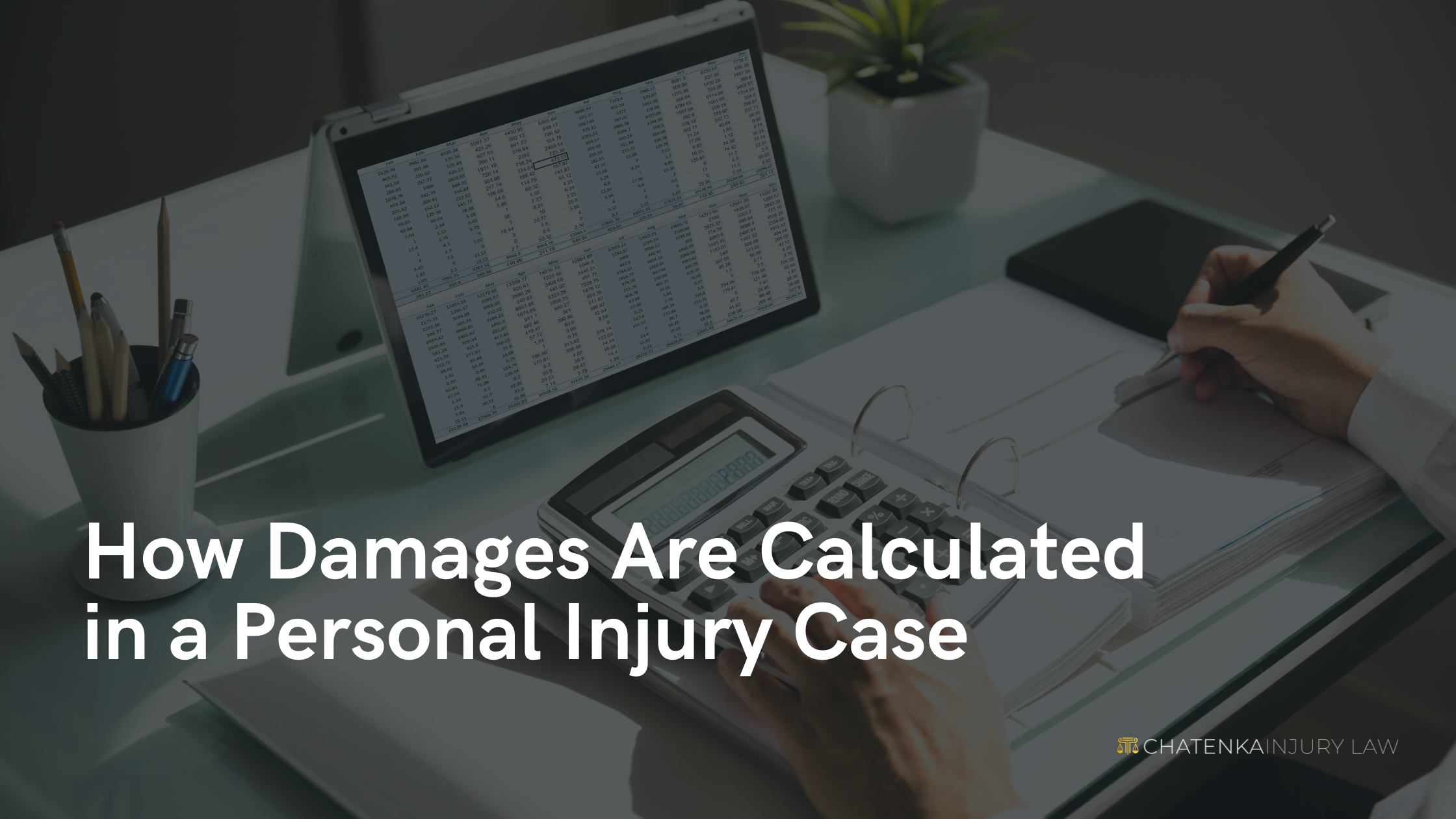How Damages Are Calculated in a Personal Injury Case
One of the first questions I get from clients is:
“How much is my case worth?”
And it’s a fair question—if you’re hurt, out of work, or facing big medical bills, you want to know what kind of compensation you might be entitled to.
The truth is, every personal injury case is different. But there are specific categories of damages the law considers, and certain factors that influence the final number. Let’s break it down in plain English.
What Are “Damages” in a Personal Injury Case?
“Damages” is the legal term for the losses you’ve suffered—both physical and financial—as a result of someone else’s negligence. In Florida, these damages fall into two main categories:
1. Economic Damages (a.k.a. tangible losses)
These are the damages you can calculate with receipts, invoices, or pay stubs:
Medical bills (past and future)
Lost wages and income
Cost of medication, rehab, or medical devices
Property damage (like vehicle repairs)
Transportation to and from medical appointments
Home modifications (like a wheelchair ramp)
2. Non-Economic Damages (a.k.a. pain and suffering)
These are the harder-to-measure, but very real, consequences of your injury:
Physical pain
Emotional distress
Mental anguish
Loss of enjoyment of life
Loss of companionship or intimacy (in some cases)
How Are These Damages Calculated?
✅ Economic Damages
This part is more straightforward. We gather all bills, records, and evidence of lost income. If you’ll need future care, we may use expert testimony or economic projections to estimate long-term costs.
✅ Non-Economic Damages
This part is more nuanced. Factors that affect the value of non-economic damages include:
Severity and duration of the injury
Type of treatment required
Permanent disability or disfigurement
Impact on daily life or ability to work
Emotional trauma (like PTSD or depression)
Insurance companies will sometimes use a “multiplier method” (e.g., 1.5x to 5x the amount of medical bills) to estimate pain and suffering—but that doesn’t always reflect the true impact. That’s why I take the time to tell your full story—and back it up with documentation.
What Other Factors Can Impact Your Settlement?
🚫 Comparative Negligence
Florida uses a modified comparative negligence system. That means if you’re found partially at fault for the accident, your compensation can be reduced. For example, if you’re 20% at fault, your final award is reduced by 20%.
⏱️ Timing of Medical Treatment
Delays in getting treatment—or gaps in care—can hurt your case. Insurance companies use that to argue your injuries weren’t serious or related to the accident.
📋 Documentation
The more organized and thorough your records are, the stronger your case. This includes medical bills, wage statements, and a pain journal.
👨⚖️ Quality of Legal Representation
Let’s be honest—who you hire matters. Insurance companies don’t offer the same money to everyone. When they see you have an experienced injury lawyer, they take your claim seriously.
So… What Is Your Case Worth?
There’s no one-size-fits-all answer—but if you call me, I’ll take the time to review your case, evaluate your damages, and give you a clear picture of what to expect. I’ll fight to make sure you’re not underpaid, overlooked, or pushed into a lowball offer.
Final Thoughts
Your injury didn’t just cost you in medical bills. It disrupted your life, your work, and your peace of mind. That’s why it’s important to pursue full and fair compensation—not just what the insurance company wants to give.
Call Chatenka Injury Law today for a free consultation.
I’ll help you calculate what your case is really worth—and fight to make sure you’re treated fairly from start to finish.


